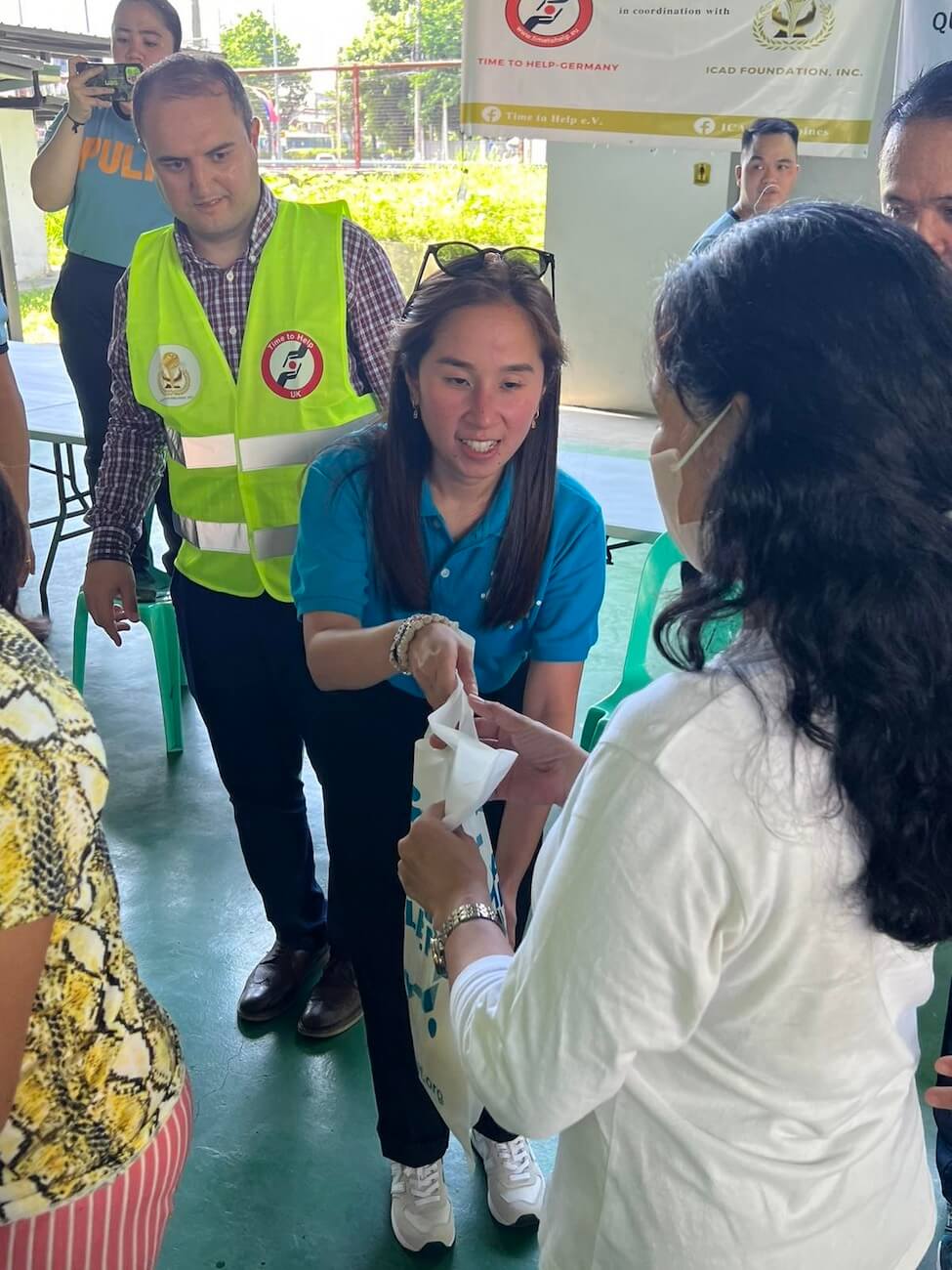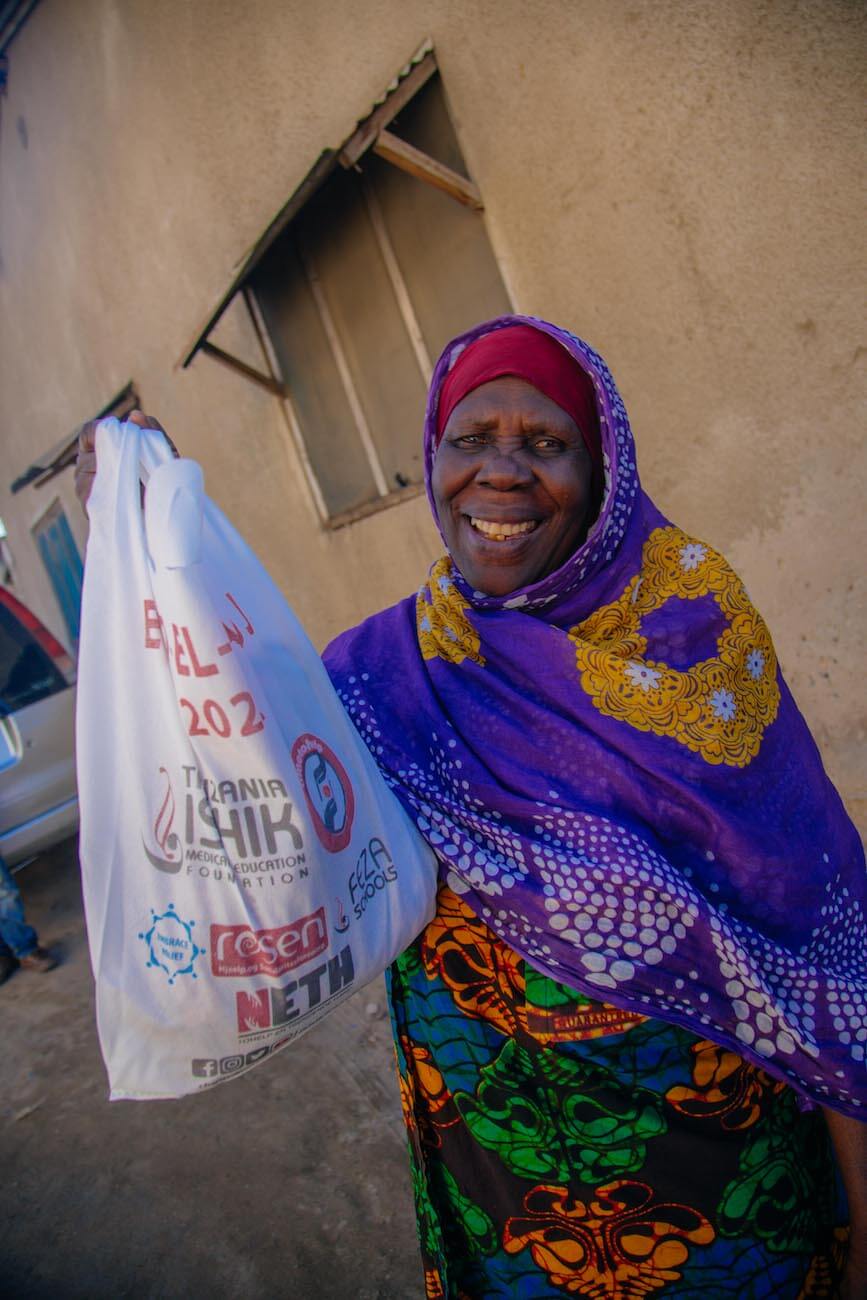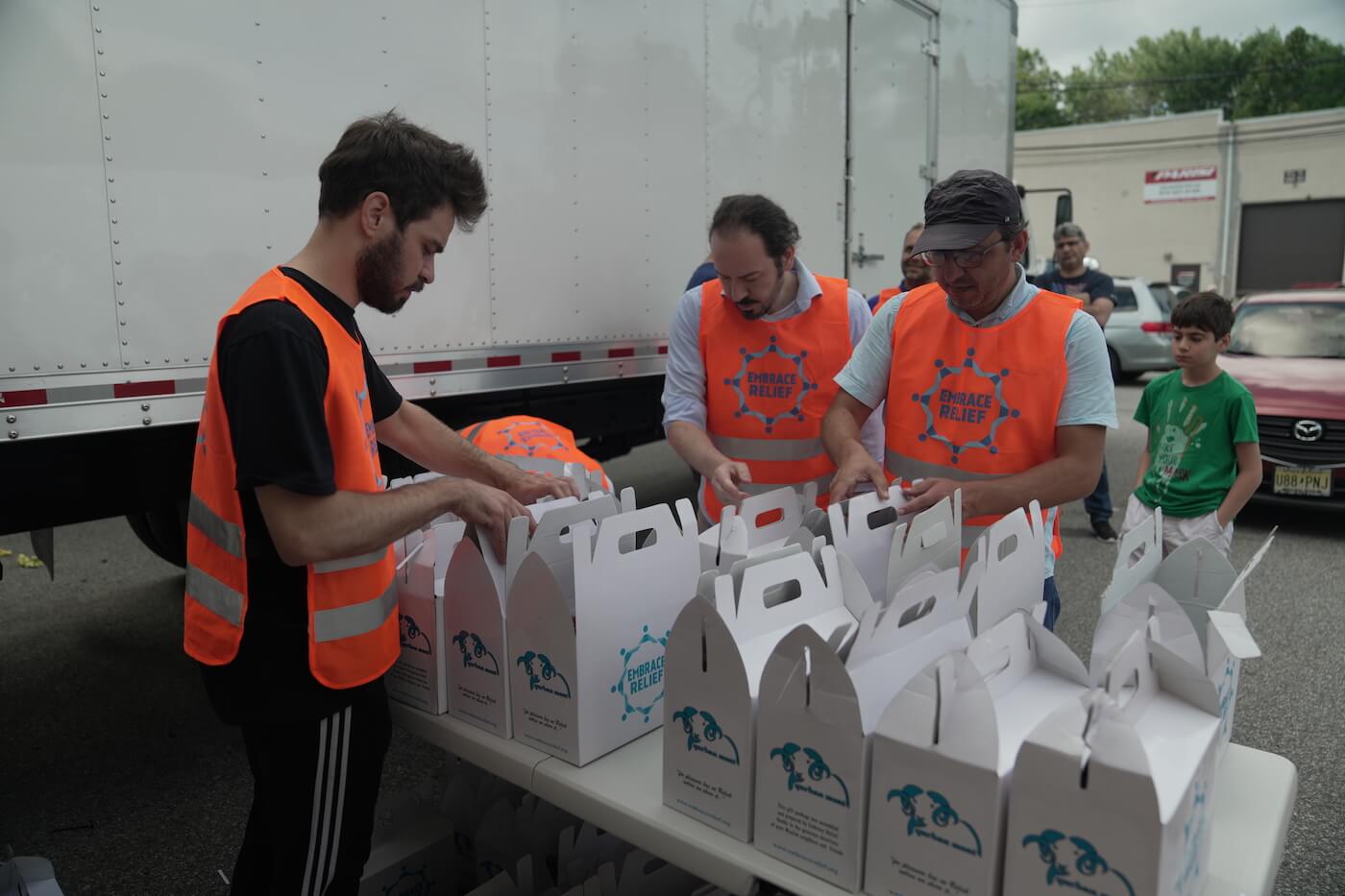Summary
- Eid al-Adha 2024 is expected to begin after sundown on Sunday, June 16.
- Learn more about the meaning and the observance of this critical holiday for more than 1.5 billion Muslims.
- Then, read on to find out how you can help ease the hunger of thousands of people around the world by supporting Embrace Relief’s Qurbani Hunger Relief campaign.
Eid al-Adha, also known as the Festival of Sacrifice, is a significant Islamic holiday celebrated by Muslims worldwide. It holds immense cultural and religious importance, commemorating the willingness of Prophet Ibrahim (Abraham) to sacrifice his son as an act of obedience to God. In this blog post, we’ll delve into the details of Eid al-Adha, exploring its meaning, rituals, and significance. First, however, we’ll answer the pressing question: When does Eid-al-Adha start in 2024?
Eid al-Adha 2024 start date
In 2024, Eid al-Adha is expected to begin after sundown on Sunday, June 16. Eid al-Adha is celebrated over the course of three days, meaning that the holiday would end on Tuesday, June 18. Muslims around the world eagerly anticipate this auspicious occasion, preparing for days of celebration, prayer, and reflection.
The exact dates of Eid al-Adha (similar to Eid al-Fitr, the celebration at the conclusion of the holy month of Ramadan) shift each year, because its observance is based on the lunar calendar. Eid al-Adha always takes place 10 days after the sighting of the new moon that begins the final month of an Islamic calendar year. In 2025, Eid al-Adha is expected to begin on June 6; in 2026, the commencement date is expected to be May 26.
It’s important to note that the expected start date of Eid al-Adha 2024, June 16, will not be confirmed until the new moon is sighted by human eyes according to local and regional traditions.

What is the meaning of Eid al-Adha?
Eid al-Adha falls on the 10th day of Dhu al-Hijjah, the twelfth and final month of the Islamic lunar calendar. It marks the end of the Hajj pilgrimage to Mecca, one of the Five Pillars of Islam, which all Muslims are obligated to undertake at least once in their lifetime if they are physically and financially able. This festival commemorates the ultimate act of obedience and submission to the will of Allah, as demonstrated by the Prophet Ibrahim.
The significance of Eid al-Adha lies in its historical and religious roots. According to Islamic tradition, Allah commanded the prophet Ibrahim in a dream to sacrifice his son, Ismail. Despite the profound love for his son, Ibrahim prepared to obey Allah’s command. However, at the last moment, Allah replaced Ismail with a ram, signifying that his sacrifice was accepted. This narrative symbolizes unwavering faith, obedience, and submission to the divine will.
Qurbani: A Community Ritual
Eid al-Adha is characterized by various rituals and practices observed by Muslims worldwide. The day typically begins with communal prayers, performed in mosques or open prayer grounds, where Muslims gather to offer prayers of gratitude and worship.
Following the prayers, Muslims participate in the symbolic act of sacrifice, where an animal, often a goat, sheep or cow, is slaughtered according to Islamic guidelines. This act is known as Qurbani. The meat from the sacrifice is then distributed among family, friends, and the less fortunate, emphasizing the values of generosity, compassion, and community.
Central to the spirit of Eid al-Adha is the emphasis on charity and compassion towards the less fortunate. Muslims are encouraged to share their blessings and abundance with those in need, ensuring that everyone can partake in the festivities and enjoy a hearty meal. This act of giving reflects the principles of social justice and solidarity within the Islamic faith, fostering a sense of unity and empathy within the community.

Help Embrace Relief Share Food During This Time of Community and Charity
Eid al-Adha serves as a poignant reminder of the values cherished in Islam – faith, sacrifice, and community. It’s a time for introspection, gratitude, and solidarity, as Muslims come together to commemorate the legacy of Prophet Ibrahim and reaffirm their commitment to serving humanity.
During this critical time of year, Embrace Relief invites you to embrace the spirit of Eid al-Adha by supporting our International Hunger Relief: Qurbani 2024 campaign. Your donation will enable Embrace Relief to provide meat packages to thousands of people in need around the world.
In 2023, Embrace Relief distributed meat to more than 122,000 people in 19 countries spanning 5 continents. For the many families worldwide who struggle to afford nutritious food, our Qurbani program was a beacon of hope and support. We’re aiming to expand our impact in 2024 – but we can’t do it without your help.
Give your Qurbani today with Embrace Relief by using the donation box below. Let us mark Eid al-Adha 2024 by sharing our blessings with a family in need, spreading joy and goodwill to all. Eid Mubarak!





















